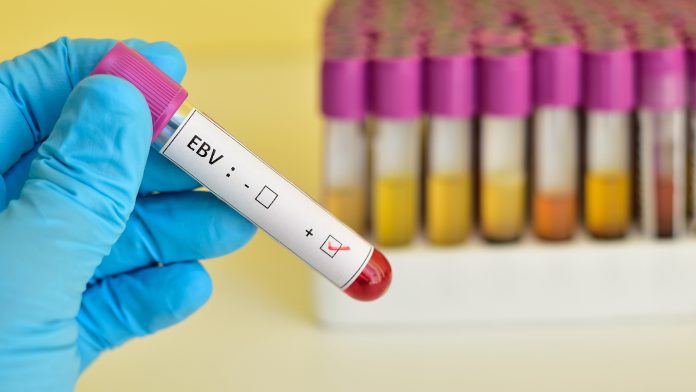
The National Institute of Allergy and Infectious Diseases (NIH) has announced performing an early-stage clinical trial to assess an Epstein-Barr virus (EBV) vaccine.
The Phase 1 study is one of only two to examine an investigational vaccine for Epstein-Barr virus in over ten years and will be conducted at the NIH Clinical Center in Bethesda, Maryland. EBV is the leading cause of infectious mononucleosis and is attributable to a range of cancer and autoimmune diseases.
What is the Epstein-Barr virus?
The Epstein-Barr virus is one of the most prevalent viruses among humans and is part of the herpes virus family. EBV is transmitted through bodily fluids, primarily saliva. Data shows that in the US, there are an estimated 125,000 new cases of infectious mononucleosis annually, with around 10% of the people contracting the condition developing fatigue that lasts for six months or longer.
Additionally, 1% of individuals infected with Epstein-Barr virus go on to develop serious complications, such as hepatitis, neurologic problems, or severe blood abnormalities. The condition is also linked to a plethora of malignancies, including stomach and nasopharyngeal cancers and Hodgkin and Burkitt lymphomas, with EBV also driving autoimmune diseases, including systemic lupus erythematosus and multiple sclerosis.
Anthony S. Fauci, MD, the NIAID Director, commented: “A vaccine that could prevent or reduce the severity of infection with the Epstein-Barr virus could reduce the incidence of infectious mononucleosis and might also reduce the incidence of EBV-associated malignancies and autoimmune diseases.”
A new vaccine for EBV
The vaccine trial will be led by Jessica Durkee-Shock, MD, of NIAID’s Laboratory of Infectious Diseases, and will analyse the safety and performance of an investigational gp350-Ferritin nanoparticle vaccine for EBV with a saponin-based Matrix-M adjuvant.
This novel vaccine was pioneered through a collaboration between the Laboratory of Infectious Diseases and the NIAID’s Vaccine Research Center. Biotechnology Novavax designed the Matrix-M adjuvant in the vaccine.
The new EBV vaccine performs by targeting the glycoprotein gp350 that is located on the surface of the virus and cells infected by it and is also the primary target for neutralising antibodies in the blood of people who are naturally infected with the virus.
The vaccine platform ferritin is a natural iron storage protein contained in the cells of all living species and is promising because it can effectively display proteins from the targeted virus in a dense array on its surface. The vaccine’s adjuvant is employed to optimise the immune response elicited by the vaccine.
What will the study involve?
The investigation will include 40 healthy volunteers aged between 18 and 29, with around 50% of the participants having a prior history of Epstein-Barr virus infection and the others having no evidence of EBV. The individuals will be administered a series of 50-microgram injections of the EBV vaccine in the upper arm muscle and will undergo 30 to 60 minutes of observation following each dose.
The second and third doses of the vaccine will be given on days 30 and 180 after the initial dose, with participants having follow-up visits between each vaccination and phone calls between visits. The trial is expected to run for at least four years.
























